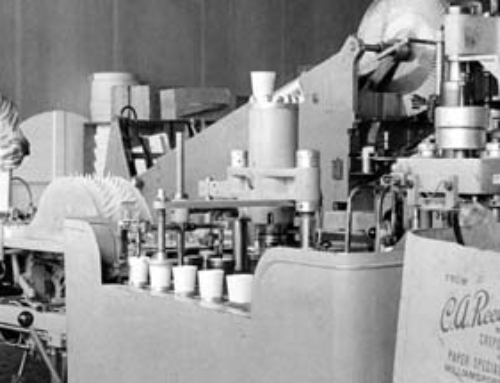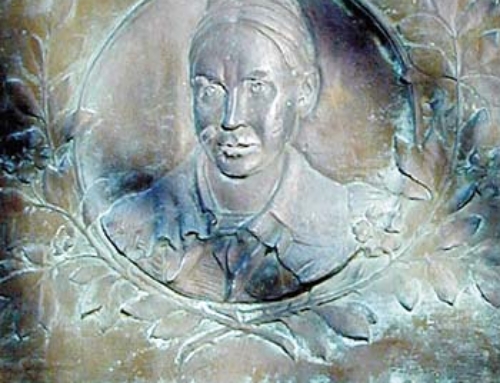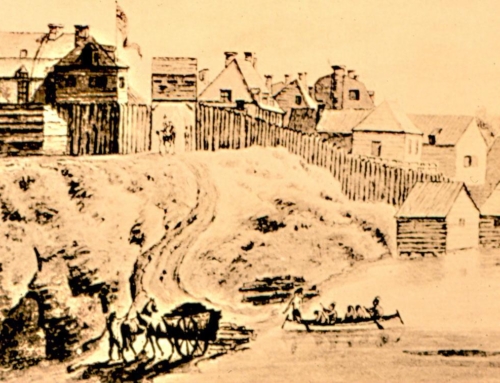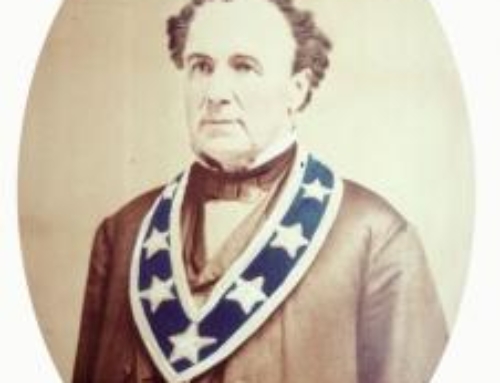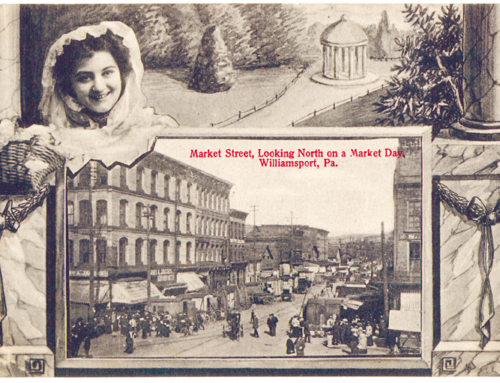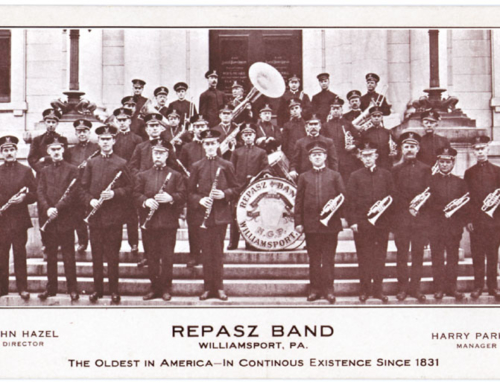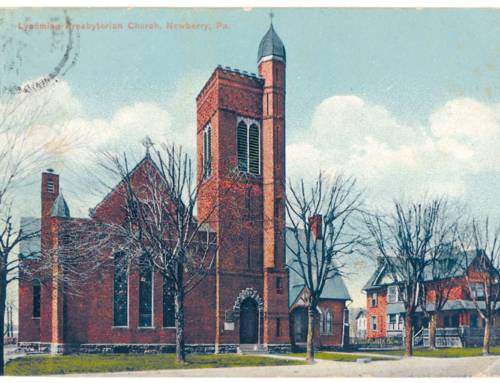“Knowledge is power. To a nation it is wealth.
To individuals it is a virtue.”
These are the words of arguably the most remarkable man to ever preside over a Lycoming County courtroom. That man was Thomas Cooper. He was a bundle of contradictions. On the one hand he was a brilliant and enlightened man who was comfortable in the fashionable salons of French Revolutionary Paris. On the other hand he was a gun-toting, acid-tongued, cranky judge who was ultimately removed from the bend because of his alleged misbehaviors.
This accomplished and enigmatic man was born in London, Oct. 22, 1759, to a comfortable but not wealthy family. He was educated at the prestigious Oxford University but there is no record of his graduation, quite surprisingly, given his later distinguished academic life.
Cooper was a man of strong political beliefs. He was a rabid supporter of the French Revolution. He was well acquainted with some of the most distinguished English politicians of the 1780s and 1790s. Men such as Edmund Burke and William Pitt (the Younger). Cooper was considered a radical because of his support for the French Revolution. He went to Paris as a member of the Manchester chapter of the Jacobin Club. He became allied with a faction of French Revolutionaries who were opposed to Robespierre and he exchanged verbal blows with Robespierre. This verbal battle was so severe that Cooper challenged Robespierre to a duel, but the Frenchman declined, and made things very uncomfortable for Cooper forcing him back to England.
He was close friends with one of the top scientists of the Anglo-American Enlightenment Period, Dr. Joseph Priestley, who later moved to nearby Northumberland. According to Meginness’ “History of Lycoming County,” Cooper “was expelled from England because of his support for the French Revolution.”
Cooper joined his friend, Priestley at Northumberland in 1794. Cooper shared Priestley’s passion for science and medicine, and the two of them set up a laboratory at the Priestley residence.
Cooper quickly immersed himself in the political rough-and-tumble of his new land by becoming a very eager and enthusiastic Jeffersonian anti-federalist. He soon became a practicing attorney and helped spread his political fervor in the pages of the “Northumberland Register”, a newspaper he edited. His strong views led to his arrest under John Adams’ hated “Alien and Sedition Laws.” A jury found Cooper guilty; he spent six months in prison and was fined $400. The fine was later repaid to his heirs with interest.
When the Jeffersonian Democratic-Republican Party came to power in Pennsylvania under Thomas McKean in 1799, McKean rewarded Cooper’s struggles by appointing him to a commission to settle a land dispute with Connecticut that resulted in the Pennamite War. The other two commissioners elected Cooper chair of the commission. His wisdom and leadership helped to settle this long festering dispute.
In 1804, Governor McKean named Cooper President Judge of the Fourth Judicial District that included Franklin, Mifflin, Huntington and Bedford counties. In 1806, the state judiciary was changed and Cooper became President Judge of the Eighth Judicial District made up of Northumberland, Lycoming and Luzerne counties.
His tenure as judge in the district that included Lycoming County would be a stormy one. The man Cooper succeeded, Judge Rush, conducted affairs of the court in a very informal and laid-back manner, reflective of a frontier setting. Cooper attempted to introduce more formalized decorum to the conduct of the court’s business. This did not sit well with many members of the bar, who regarded his conduct as tyrannical and autocratic. Thomas Lloyd in his “History of Lycoming County” writes that Cooper, “possessed an irascible temper and was in constant friction with members of the bar.”
By 1811, the governor’s chair and Legislature had changed political hands, and Cooper could no longer rely on the political protection of the governor. Sentiment for his removal from the bench had grown to a fever pitch, and articles of impeachment were drafted against him.
Fifty charges were leveled against him, but in the end only nine charges met the legislature’s satisfaction. Among them was a charge that he carried a loaded firearm into his courtroom.
He claimed that he did this for his own protection. Five charges against were raised for him levying fines against people for conduct he deemed improper in a courtroom, such as wearing a hat in court and whispering during court proceedings.
The Legislature voted to remove Cooper by a vote of 53 to 40, and Governor Simon Snyder removed Cooper from office on April 2, 1811.
Cooper’s legal career may have ended but his usefulness to the world of learning had not. He became a Professor of Chemistry and Mineralogy at Dickenson College in Carlisle in 1811 and stayed there until 1815. He moved to Philadelphia in 1816 and became a member of the American Philosophical Society.
He published one of the earliest scientific periodicals in this country. He was also a professor of applied chemistry and mineralogy at the University of Pennsylvania. Through the support of Thomas Jefferson he was elected to the faculty of the University of Virginia in 1819 but never assumed a position there.
In 1820, Cooper became a professor of chemistry at South Carolina College, an institution that later became the University of South Carolina. He was elected the college’s second president in 1821. As president he continued to teach, not only in the natural sciences but in the social sciences as well.
He retired from the college in 1834. He continued his interest in politics and was an ardent states’ rights and nullification advocate.
The library at the University of South Carolina was named for him and still bears his name. The man that Thomas Jefferson called, “the greatest mind in United States,” died on May 11, 1839.
He is buried in the Trinity Churchyard in Columbia, S.C.
By Lou Hunsinger Jr., Williamsport Sun-Gazette



